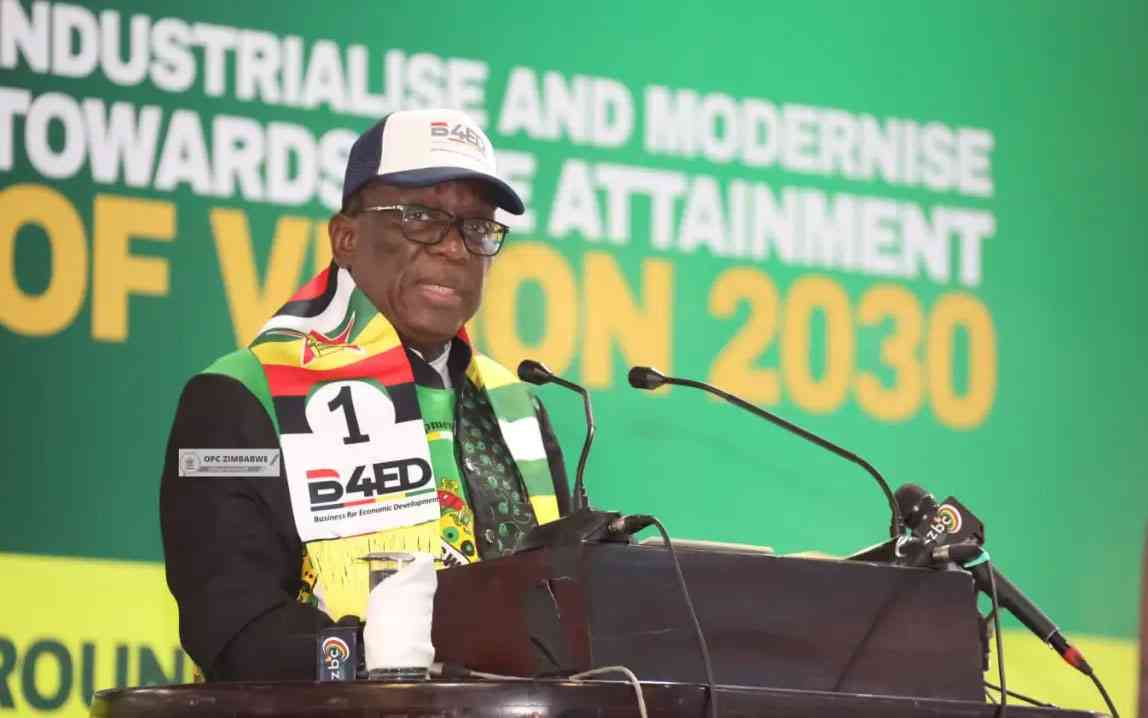
FORMER finance minister Tendai Biti has slammed what he described as “fictitious” economic policies, blaming them for Zimbabwe’s ongoing de-industrialisation, capital flight, and economic regression.
Biti, who served as Treasury chief during the Government of National Unity from 2009 to 2013, presided over a period of relative stability marked by the adoption of a multi-currency system that tamed hyperinflation. However, he warned that Zimbabwe is now veering dangerously close to the hyperinflationary chaos of 2008, which led to the abandonment of the Zimbabwean dollar.
“We are in a recession. We are in a depression, (which is) most disturbing for Zimbabweans,” Biti told the Zimbabwe Independent during an event to review the 2025 national budget.
“Mthuli’s (Ncube, the current Finance, Economic Development and Investment Promotion minister) economic policy, particularly his exchange rate mismanagement, has de-industrialised this country.
“Huge companies are leaving the country. There is massive capital flight, there is massive de-industrialisation. Huge companies are retrenching and closing branches.
“Standard Chartered Bank has left Zimbabwe, Barclays bank has left Zimbabwe, Unilever has left, Choppies has left Zimbabwe. If you go to industrial sites it is full of grave sites of former functional industrial capital.”
Presenting the 2025 national budget a few weeks ago, Ncube introduced a cocktail of new taxes, including a Fast Foods Tax to tackle the problems affecting the economy. But Biti warned that due to exchange rate volatilities, it was increasingly becoming difficult to calibrate the budget.
“They officially devalued it on the 27th of September on their own. So, it is a nightmare for any accountant to do his or her books in a volatile currency. It should have been indexed and calibrated in US dollars,” he said.
- Investor guns for StanChart
- 5 investors vie for StanChart
- Ecobank appoints Jeremy Awori CEO
- Public funds at mess of blundering authorities
Keep Reading
According to Biti, macro-economic projections forecast by Ncube were unattainable.
The finance minister projected the economy to grow by 6% next year.
The economy is projected to marginally grow by 2% this year due to the unfolding El Niño-induced drought and power outages buffeting the country.
“The macroeconomic projections do not make sense. You cannot expect the economy to grow by 6% on the basis of assumptions that we have a decent rain season. That is debatable. We are currently going through a heat wave right now,” Biti said.
“We are currently going through vicious climate change. Who would ever think that Kariba water would stop falling because the Zambezi river is drying up?
“So, making an assumption based on such volatile weather is just pure naivety.”
He also noted that once the government pays civil servants, the exchange rate would be disrupted.
“Making an assumption on the basis that we will be able to maintain tight monetary and fiscal discipline when this government has never been able to live within its means is also fiction,” Biti said.
“Also expecting that the economy will grow by 6% when we do not have energy, when the country is crippled by a suffocating energy crisis does not make sense.”
He said it was imperative to reverse the tide of de-industrialisation sweeping across the economy.










